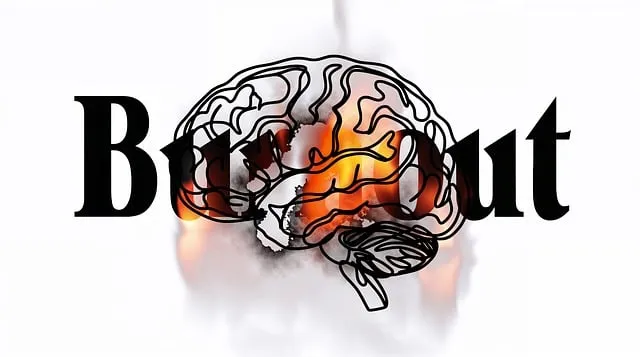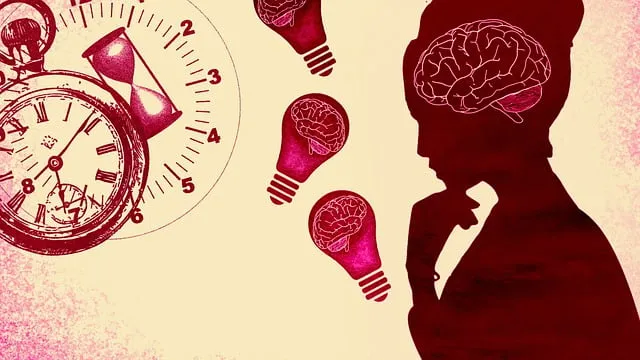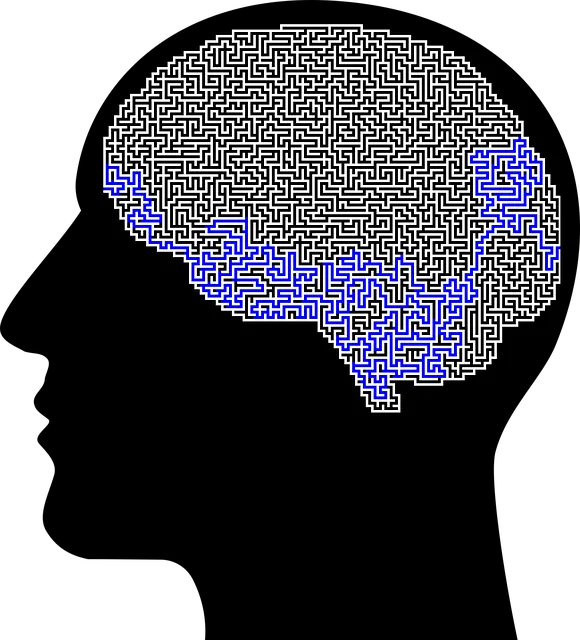Kaiser Permanente mental health number Littleton is revolutionizing diagnosis with a holistic approach, integrating advanced tools, evidence-based practices, training, and public awareness campaigns. Their strategy boosts accuracy, improves patient outcomes, and encourages early interventions by promoting help-seeking as a sign of strength. They use stress management, empathy building, technology like AI, and techniques like Compassion Cultivation and Inner Strength Development for precise, personalized treatments.
Mental illness diagnosis accuracy is a critical aspect of patient care, and continuous efforts are underway to enhance it. This article explores innovative approaches taken by pioneers in the field, such as Kaiser Permanente and Littleton, who are leading the way with their unique strategies. We delve into evidence-based practices, the integration of technology, and patient-centric care models that collectively contribute to more precise mental health diagnoses. By examining these efforts, we can foster improvements in diagnosis accuracy across the board.
- Kaiser Permanente: Leading the Way in Mental Health Diagnosis
- Enhancing Accuracy: Littleton's Innovative Approach
- Evidence-Based Practices for Improved Diagnosis
- Integrating Technology to Reduce Human Error
- Patient-Centric Care: Empowering Mental Health Treatment
Kaiser Permanente: Leading the Way in Mental Health Diagnosis

Kaiser Permanente, a renowned healthcare organization, is making significant strides in enhancing mental health diagnosis accuracy. With a focus on holistic care, they’ve established themselves as leaders in the field, particularly in their Littleton, Colorado region. This initiative stems from a deep understanding of the complex nature of mental illness and the importance of precise diagnoses. By integrating advanced assessment tools and implementing evidence-based practices, Kaiser Permanente aims to improve patient outcomes and reduce the often lengthy process associated with mental health assessments.
Their approach includes providing comprehensive training for healthcare professionals, encouraging Self-Awareness Exercises to help individuals recognize their own mental health patterns, and promoting Public Awareness Campaigns Development to educate the community. This multi-faceted strategy not only boosts confidence in diagnosis but also fosters an environment where seeking help is seen as a sign of strength, leading to earlier interventions and better management of mental health conditions.
Enhancing Accuracy: Littleton's Innovative Approach

In efforts to enhance mental illness diagnosis accuracy, Kaiser Permanente mental health number Littleton has pioneered an innovative approach centered around the Mind Over Matter Principles. This method goes beyond traditional diagnostic tools by integrating Stress Management and Empathy Building Strategies into the assessment process. By fostering a supportive environment and encouraging open communication, healthcare professionals at Littleton are better equipped to understand the nuances of patient experiences, leading to more precise diagnoses.
The innovative approach leverages advanced evaluation techniques, combining clinical expertise with modern technology to capture comprehensive mental health profiles. Through this holistic methodology, Kaiser Permanente mental health number Littleton aims to not only improve diagnosis accuracy but also enhance patient care outcomes, ensuring individuals receive tailored treatments that address their unique needs and challenges.
Evidence-Based Practices for Improved Diagnosis

Efforts to enhance mental illness diagnosis accuracy often revolve around adopting evidence-based practices that have proven successful in improving outcomes. Organizations like Kaiser Permanente, with its extensive mental health services in Littleton, have been at the forefront of these initiatives. One such practice gaining prominence is Compassion Cultivation, which focuses on fostering empathy and understanding among healthcare providers. This approach not only improves patient interactions but also leads to more accurate assessments by creating a supportive environment.
Additionally, integrating Inner Strength Development techniques empowers individuals to better manage their mental health. By teaching coping mechanisms and resilience, these practices enhance self-care abilities, reducing symptoms that may initially mask or complicate underlying conditions. Stress Management is another critical component, as chronic stress can exacerbate mental health issues and impact diagnosis accuracy. Incorporating evidence-based stress reduction techniques into treatment plans ensures a more holistic approach, ultimately contributing to improved diagnosis and care.
Integrating Technology to Reduce Human Error

Integrating technology into mental health assessment and diagnosis processes is a strategic move to reduce human error and enhance accuracy. With advancements in artificial intelligence (AI) and machine learning, healthcare professionals at Kaiser Permanente, particularly their mental health number in Littleton, are leveraging these tools to streamline diagnosis. Digital platforms equipped with AI algorithms can analyze vast amounts of patient data, including medical history, symptoms, and behavioral patterns, much faster and more objectively than human evaluators.
This technological intervention not only promises improved diagnostic accuracy but also contributes to the broader goal of promoting mental wellness and emotional well-being. By minimizing subjective biases that can affect human assessments, these tools can aid in identifying subtle symptoms or hidden trends, enabling healthcare providers to tailor coping skills development programs more effectively. The integration of technology into mental health care aligns with innovative techniques for emotional well-being promotion, ensuring patients receive the most precise and personalized treatment plans.
Patient-Centric Care: Empowering Mental Health Treatment

At Kaiser Permanente mental health centers like the one in Littleton, a patient-centric approach is transforming mental health treatment. This means putting individuals at the heart of their care journey, empowering them to actively participate in managing their mental well-being. By fostering open communication between patients and healthcare providers, this method ensures treatments are tailored to unique needs and preferences. Such personalized care enhances compliance and outcomes, aligning with Kaiser Permanente’s mission to improve community health.
This patient-focused strategy incorporates various evidence-based practices, including Social Skills Training, which helps individuals develop coping mechanisms and enhance their social interactions. Additionally, promoting Mental Health Awareness through education and support groups enables patients to better understand their conditions. Emphasizing Emotional Well-being Promotion Techniques further strengthens this approach by teaching valuable strategies for stress management, resilience building, and overall mental wellness.
Mental illness diagnosis accuracy has seen significant advancements, with organizations like Kaiser Permanente and Littleton leading the way. By implementing innovative approaches, evidence-based practices, integrating technology, and focusing on patient-centric care, these entities are revolutionizing mental health treatment. The efforts to enhance diagnosis accuracy not only improve patient outcomes but also foster a more inclusive and understanding society. Moving forward, continued collaboration and the adoption of cutting-edge technologies will be crucial in ensuring accurate diagnoses and effective treatments for all individuals struggling with mental illness, as evidenced by Kaiser Permanente’s mental health initiatives and Littleton’s successful strategies.






